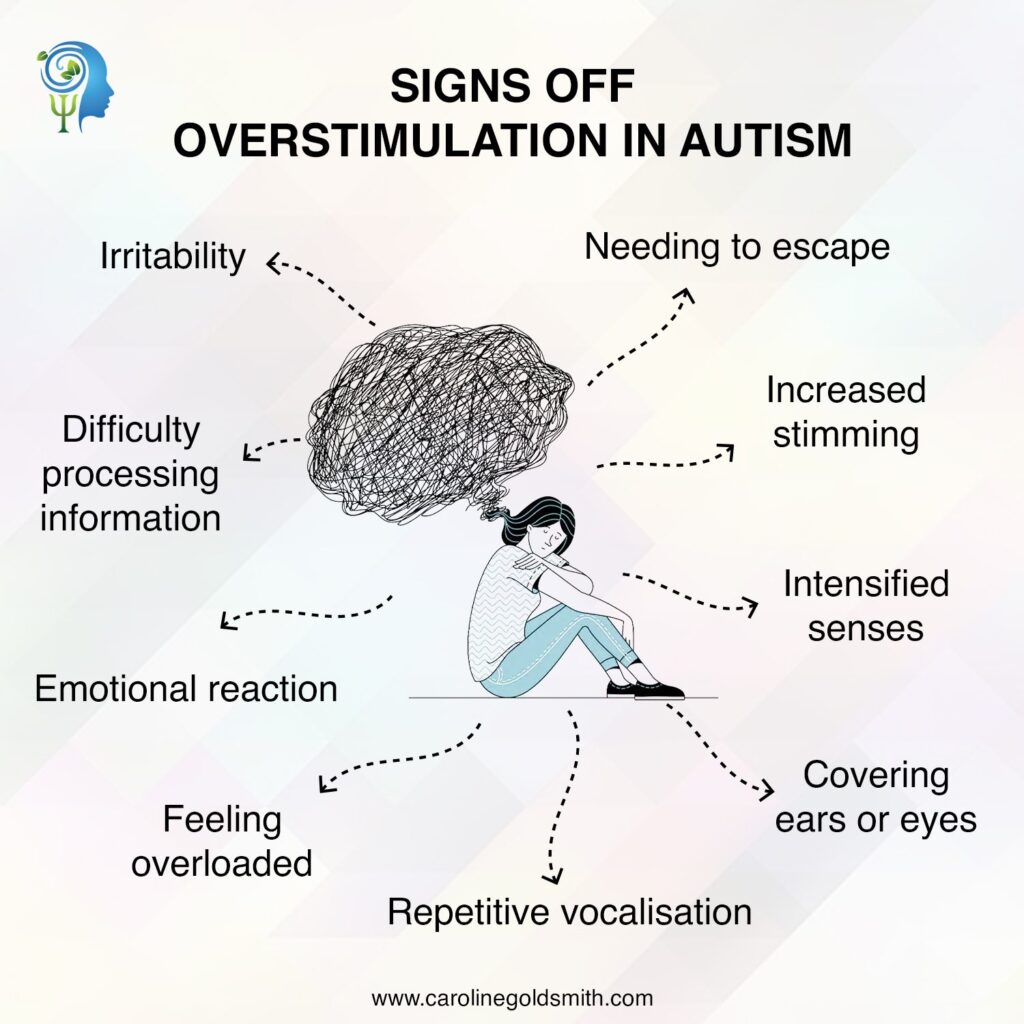
Emotions can feel overwhelming, especially when they seem out of control. If you struggle with intense mood swings, impulsive reactions, or difficulty managing stress, you’re not alone. Many people face these challenges, and the good news is—there’s a solution.
Dr. Caroline Goldsmith, a leading psychologist, specializes in Dialectical Behavior Therapy (DBT) to help individuals gain control over their emotions, build healthier relationships, and develop inner peace. In this guide, she shares how DBT works and how it can help you live a more balanced, fulfilling life.
What Is Dialectical Behavior Therapy (DBT)?
DBT is a scientifically proven therapy that helps individuals:
✅ Regulate emotions
✅ Manage stress and anxiety
✅ Reduce impulsive behaviors
✅ Improve relationships
✅ Develop coping strategies for difficult situations
Originally designed to treat Borderline Personality Disorder (BPD), DBT is now widely used to help people dealing with:
- Depression & anxiety
- Post-Traumatic Stress Disorder (PTSD)
- Bipolar disorder
- Eating disorders
- Addiction
Dr. Goldsmith has helped countless clients use DBT techniques to build a happier, healthier life.
The Four Core Components of DBT
Dr. Caroline Goldsmith’s DBT approach focuses on four essential skills:
1. Mindfulness: Staying Present in the Moment
Mindfulness helps you focus on what’s happening right now, rather than getting stuck in the past or worrying about the future.
🔹 Observe your thoughts and emotions without judgment
🔹 Practice deep breathing to stay calm and focused
🔹 Engage fully in your daily activities
Example: Instead of reacting emotionally when stressed, take a deep breath and respond thoughtfully.
2. Distress Tolerance: Handling Crisis Situations
When faced with intense stress, some people react with:
❌ Self-harm
❌ Substance use
❌ Explosive anger
DBT teaches healthy ways to manage distress, such as:
✔ Cold water therapy (splashing cold water on your face to reset emotions)
✔ Holding an ice cube (to shift focus from emotional pain to physical sensation)
✔ The 5-4-3-2-1 grounding technique (naming 5 things you see, 4 things you touch, 3 things you hear, 2 things you smell, 1 thing you taste)
These strategies help calm the mind and body during difficult moments.
3. Emotion Regulation: Gaining Control Over Feelings
DBT helps individuals understand, accept, and change intense emotions. Dr. Goldsmith teaches clients how to:
✅ Identify emotional triggers
✅ Challenge negative thoughts
✅ Practice self-care to stabilize emotions
Example: Instead of feeling overwhelmed by anger, DBT helps you recognize the emotion, accept it, and choose a healthy response.
4. Interpersonal Effectiveness: Building Stronger Relationships
Struggling with conflict, rejection, or setting boundaries? DBT helps individuals:
✔ Communicate clearly and assertively
✔ Set healthy boundaries without guilt
✔ Handle rejection and criticism with confidence
Example: Instead of avoiding confrontation, DBT teaches how to express needs respectfully while maintaining relationships.
How Dr. Caroline Goldsmith Uses DBT to Help Clients
Dr. Caroline Goldsmith’s approach to DBT is personalized and client-focused. Her therapy process includes:
🔹 One-on-one therapy sessions – Tailored support to work on emotional challenges
🔹 DBT skills training – Learning and practicing DBT techniques
🔹 Behavioral coaching – Real-time strategies for handling stress and emotional triggers
🔹 Homework exercises – Practical steps to apply DBT in daily life
Her goal? To help you take control of your emotions and build a life you love.
The Benefits of DBT Therapy
Clients who work with Dr. Caroline Goldsmith experience:
✔ Reduced emotional outbursts
✔ Healthier relationships
✔ Better stress management skills
✔ Increased self-confidence
✔ A greater sense of emotional stability
If intense emotions are affecting your daily life, DBT can help you regain balance and peace.
Is DBT Right for You?
Ask yourself:
✅ Do I struggle with intense emotions or mood swings?
✅ Do I often feel overwhelmed, anxious, or stressed?
✅ Do I have difficulty managing relationships and setting boundaries?
✅ Do I engage in self-destructive behaviors when distressed?
✅ Do I feel out of control emotionally?
If you answered yes to any of these, DBT with Dr. Caroline Goldsmith may be the right path for you.
Referred from this website.
